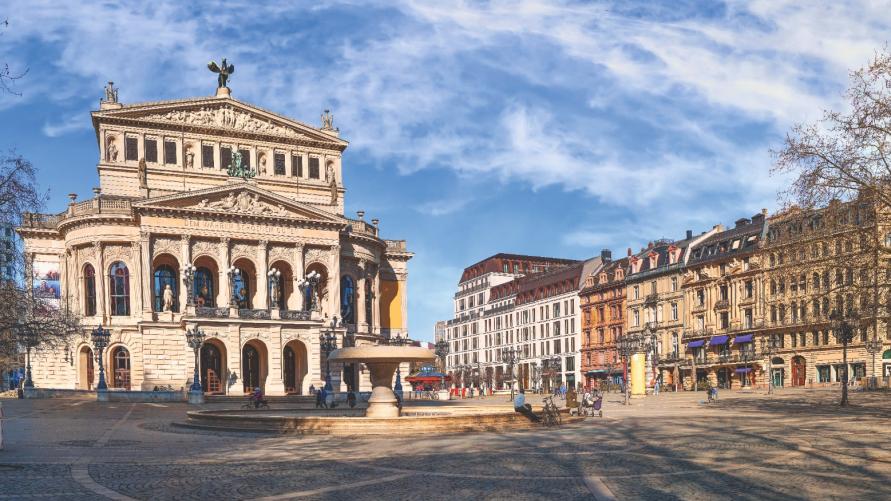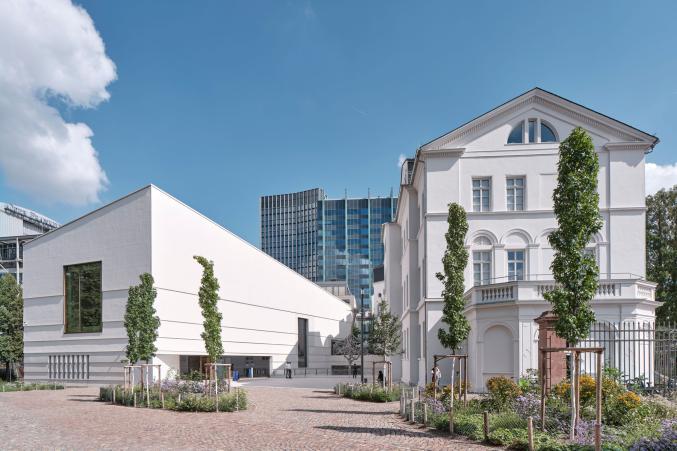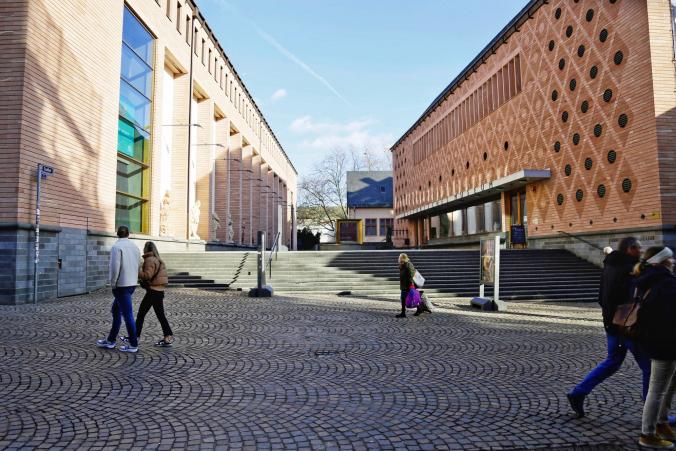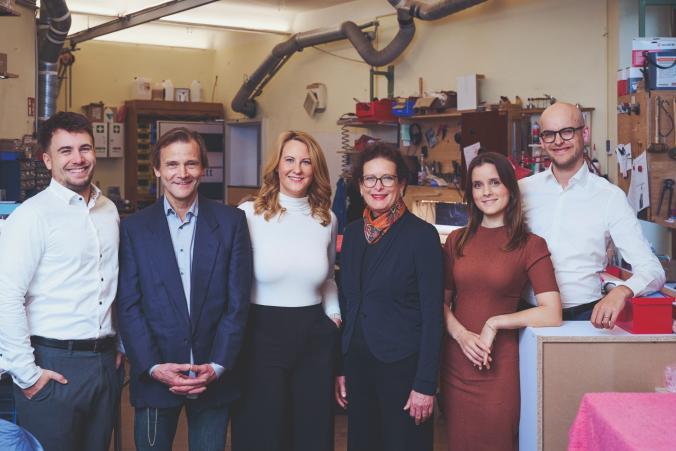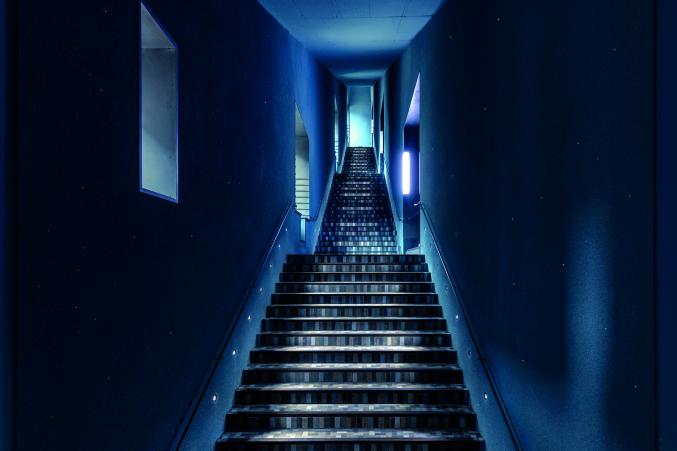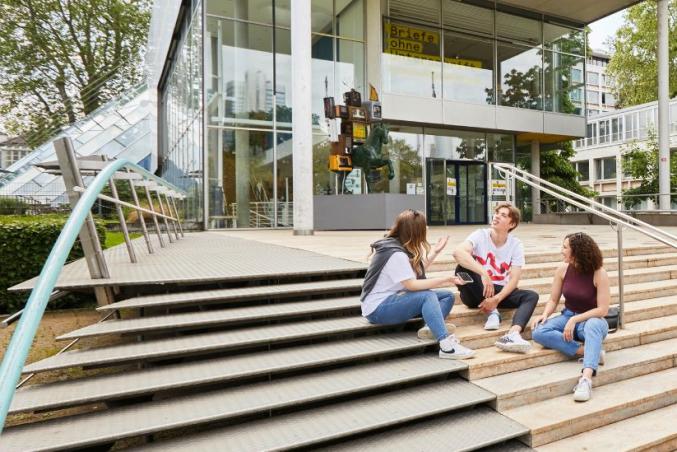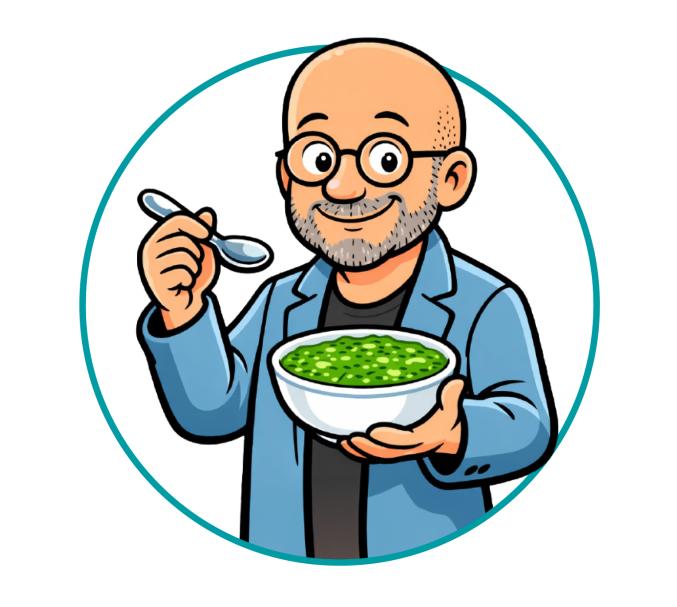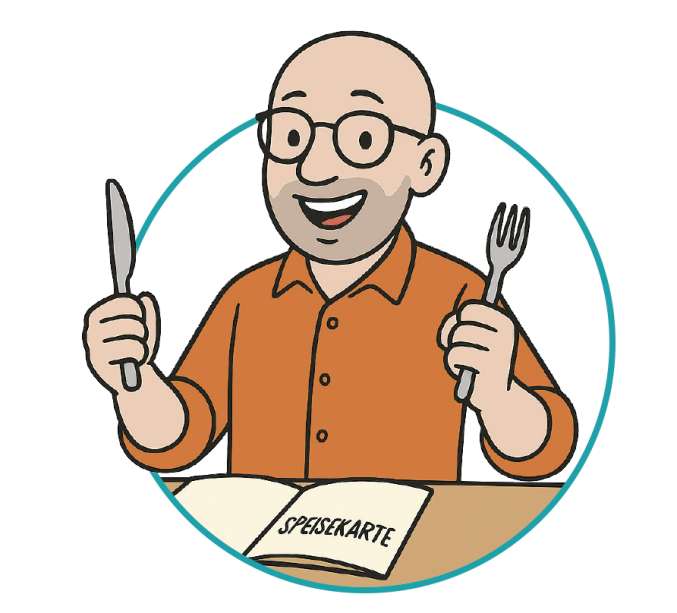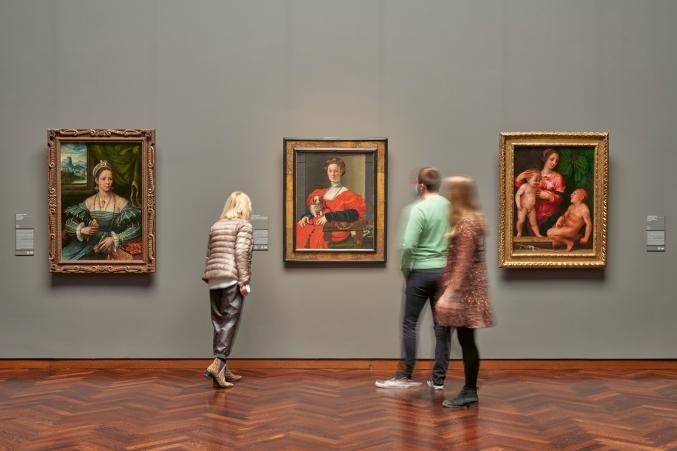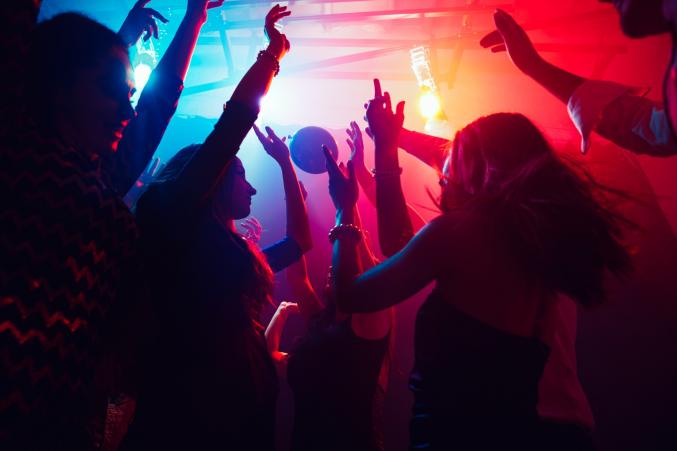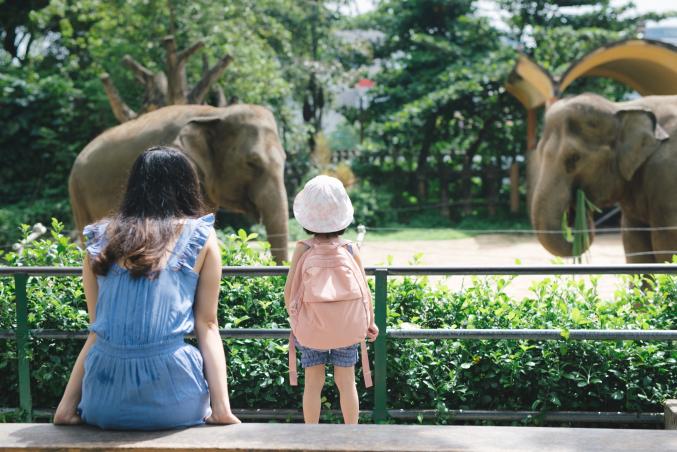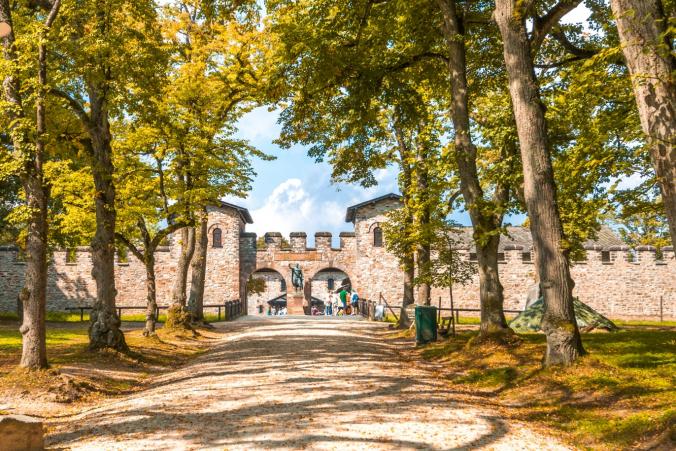Foto: Comofoto - stock.adobe.com
Museums, music and leisure-time marvels in and around Frankfurt
Frankfurt Rhine-Main offers a wide range of opportunities to leisure time - be it museums, culture, sports or theme parks, culture, sport or theme parks. There‘s something for everyone.
Below is an overview of some of the main attractions the region has to offer you and your family. It is not intended to be exhaustive, but simply to whet your appetite to get out and see what suits you best.
GENERAL OVERVIEW OF CULTURE OF THE REGION
Frankfurt Rhine-Main is so diverse that it’s often difficult to keep track of all the cultural activities on offer. One of the few organisations that provides a comprehensive overview is KulturRegion Frankfurt Rhine-Main, a non-profit organisation of 54 different municipalities and districts in the region. Under the motto “Culture in the Region - Culture for the Region”, KulturRegion coordinates a wide range of programmes. Projects range from industrial heritage (Route of Industrial Heritage Rhine-Main) to parks and public gardens (GartenRheinMain) to the history of democracy (Geist der Freiheit). Every spring, the KulturRegion also organises an international theatre festival for young audiences (Starke Stücke). The Days of Industrial Culture is a nine-day event held every summer that provides access to historic, derelict and/or disused industrial sites. The annual programme “Museums and Special Exhibitions” presents exhibitions in about 90 museums in the region. www.krfrm.de
Partner Portrait
Enjoy history recounted in stories
Old, but new: Germany's first municipal Jewish Museum in Frankfurt am Main (opened in 1988) has been under major construction since 2015 and reopened its doors on October 21, 2020.
Partner Portrait
Historical Museum Frankfurt
The award-winningHistorical Museum Frankfurt (HMF) is the modern city museum of the Main metropolis and one of the largest in Europe.
Partner Portrait
Piano-Schulz: Family Tradition Meets Flexibility
In an age of fast-paced mobility, few things offer a sense of continuity and emotional grounding like music.
STREET FESTIVALS
Another popular way for locals to enjoy themselves is at a street or block party. These are fun events organised and sponsored by local governments and local businesses. Although these celebrations vary greatly in size and scope, they usually extend over several streets, sometimes a mile or so along riverbanks (such as Frankfurt’s famous Mainuferfest in August). These street festivals typically feature stalls selling various types of food and drink, games, and public relations or information services. The larger ones also offer children’s entertainment, and all are accompanied by lively bursts of live and/or recorded music.
In Frankfurt Rhine-Main, street festivals are usually held in the summer, when they can take advantage of the good weather and ensure the best turnout. A special type of festival that takes place a little later in the year, when the first harvests come in, are the various wine festivals. These take place mainly in small towns and villages in the wine-growing areas, especially in the Rheingau. The music, good cheer and food are similar to street festivals, but as the name suggests, most of the stalls at a wine festival offer the latest wines, with many local winemakers having their own stalls.
Museumsuferfest
Held every August, the Museumsuferfest is an international gala of food, music, theatre and museum exhibitions that straddles both banks of the River Main. The three-day festival first saw the light of day in the late 1980s to highlight Frankfurt’s unique museum embankment. During the festival, museums open their doors free of charge to thousands of visitors from all over the world - in 2018, the open-air party attracted around 1.8 million visitors. A popular event is the Chinese dragon boat races on the river - many companies enter teams - and the concerts on the 10 or so stages on either side of the river. The festival is usually held at the end of August.
www.museumsuferfest.de
Jazz Festival in Idstein
The Hessen Jazz Festival in Idstein is traditionally held on the first weekend of the state’s summer school holidays. Shows are held on 5 stages throughout the town and all styles of jazz are represented - blues, swing, fusion, modern, etc. Activities for children and other jazz related events complete the programme.
www.idstein-jazzfestival.de
Weilburger Schlosskonzert
The classical music concerts at Weilburg Castle are one of the highlights of the Hessian Cultural Summer. The series of around 40 concerts from June to August takes place in the opulent and extremely acoustically rich Renaissance hall of Weilburg Castle, in the castle church or in the conservatory (Orangerie). The patron of the series is traditionally Grand Duke Jean of Luxembourg, great-grandson of the last Duke of Nassau, in whose castle the concerts are held.
www.weilburger-schlosskonzerte.de
Rheingau Musik Festival
What began as a small series of classical music concerts in 1988 has grown into an internationally recognised summer music event over nine weeks from June to September. More than 150 concerts are held at nearly 30 different venues throughout the Rheingau - one of Germany’s most beautiful wine-growing regions - including Eberbach Monastery, Schloss Johannisberg and Schloss Vollrads. Classical music remains the main attraction, but in recent years the festival has also included cabaret, jazz and readings. Many of the performances are accompanied by exceptional culinary delights, washed down with the region’s finest wines.
www.rheingau-musik-festival.de
Partner Portrait
Deutsches Romantik-Museum
The Deutsches Romantik-Museum is the first museum in the world dedicated to the entire period of Romanticism of German-speaking countries.
Partner Portrait
Museum of Communication Frankfurt
The Museum of Communication Frankfurt explores the history and development of communication from the early ages to the digital era.
CHRISTMAS MARKETS
One of the most impressive and lively variations of street festivals is the Christmas market. In fact, the Christmas market predates the street festivals by several centuries; originally, they were markets set up in larger towns to allow craftsmen to sell their wares before Christmas. This origin has been preserved in today’s versions, where you’ll find numerous small stalls offering a wide range of crafts, large and small. Fittingly, the Christmas market is also where you’ll find the best selection and deals on Christmas decorations (don’t forget that the Germans started the Christmas tree tradition). There are also stalls selling pottery, woodwork and handmade jewellery. In addition, there are often rows of stalls selling various other winter items.
All this shopping and gazing is bound to leave you hungry and thirsty, so any self-respecting Christmas market will have a plethora of stalls offering seasonal nourishment. A particularly popular drink is glühwein, a sweet, hot, mulled red wine. Many seasonal sweets, biscuits and gingerbread are also a standard part of Christmas markets. More substantial seasonal food is available in the form of potato pancakes or a thick, hearty broth that can be a light meal in itself (common varieties include pea, lentil, Serbian bean and goulash soup).
Frankfurt’s is the largest and busiest in the region. It starts in the small passageway north of the river by the Historisches Museum, then runs up the Römerberg to just below the Hauptwache. These Christmas markets are such an ingrained part of life that they can be found in most small towns. They usually open at the end of November and run for about four weeks. But plan your visits carefully! Christmas markets usually close a few days before Christmas, so if you rush to your local market on the 23rd or 24th to do some last-minute shopping, you could be in for a nasty surprise.
PARKS & GARDENS
Regional Park RheinMain
Frankfurt Rhine-Main is defined by its diversity, and while each of the cities and towns has its own cultural heritage, there have been numerous regional projects in recent years to create a sense of togetherness. An excellent example of this cooperative spirit is the RheinMain Regional Park. Now, more than 15 years after its launch, the Regionalpark RheinMain has developed into a comprehensive network of parks, gardens, art installations, lakes, picnic areas, castles and much more. The park stretches along 190 kilometres of well-marked trails and includes both new and existing attractions. Highlights include the former US Army airfield at Bonames, which has been transformed into a park, and a winding cycle route along the historic Hohe Strasse.
www.regionalpark-rheinmain.de
Taunus Information Center
The Taunus hills are often referred to as Frankfurt’s playground. The Taunus offers a wide range of outdoor activities throughout the year - hiking, mountain biking, cross-country skiing, walking and mountaineering. The Taunus is also a treasure trove of history, including the Roman fort of Saalburg, castles and quaint half-timbered villages. The tranquil vistas of the Taunus, with its geological formations and diverse wildlife, can make the hustle and bustle of Frankfurt seem very distant. A good place to start is the Taunus Information Centre at Hohemarkstraße 192, close to the underground station.
www.taunus.info
Palmengarten
Founded in 1868, Frankfurt’s Palmengarten in the Westend district is the region’s leading botanical garden, with a wide range of tropical plants, beautifully designed greenhouses and exhibitions. The large complex allows visitors to take a leisurely stroll through the tropical regions of the world. The plants are largely arranged according to their natural habitats, such as rainforest, mangrove, monsoon and savannah. Guided tours and lectures are held regularly, and botanical exhibitions are held in the galleries throughout the year. There are several playgrounds for children and a working miniature railway. The garden is open every day.
www.palmengarten.de
Aboretum Main Taunus
Located on a former military airfield, the Aboretum is one of the region’s most successful post-Cold War conversion projects. The airfield was originally built by the German Luftwaffe, but was used by the US Army after the Second World War before being returned to the German government. The 76-hectare site, nestled between the towns of Schwalbach, Sulzbach and Eschborn, was then converted into an arboretum as an ecological compensation for Frankfurt Airport’s expansion plans. The result is a sprawling natural park with a collection of over 600 trees, shrubs and plants from Europe, Asia and Nort h America. The Arboretum also offers riding trails and ecological nature walks.
www.hessen-forst.de/freizeit/aboretum
Aroon explains
Frankfurter Grüne Soße
Aroon explains
Eating Out in Germany
Foto: Städel Museum – Norbert Miguletz
Museums
- Archäologisches Museum
- Bibelhaus Erlebnis Museum
- Caricatura Museum
- Deutsches Architekturmuseum
- Deutsches Filmmuseum
- Dommuseum
- Eintracht Frankfurt Museum
- Fotografie Forum
- Frankfurter Kunstverein
- Geldmuseum der Deutschen Bundesbank
- Goethe-Haus /
- Goethe-MuseumHindemith Kabinett
- Historisches Museum
- Höchster Porzellan-Museum
- Ikonen-Museum
- Institut für Stadtgeschichte / Karmeliterkloster
- Jüdisches Museum
- Junges Museum
- Liebieghaus
- MMK Museum
- MMK Zollamt
- MMK Tower
- Museum Angewandte Kunst
- Museum für Kommunikation
- Museum Giersch
- Museum Judengasse
- Portikus
- Schirn Kunsthalle
- Senckenberg Naturmuseum
- Städel Museum
- Stoltze-Museum
- Struwwelpeter-Museum
- Verkehrsmuseum Schwanheim
- Weltkulturen Museum
Foto: fergregory - stock.adobe.com
Theater and Performing Arts
Foto: makistock - stock.adobe.com
Children’s Activities
Foto: Daria Lukoiko - stock.adobe.com
Wellness Resorts & Spas
Foto: deagreez - stock.adobe.com
Scenic Routes for Day Trips
Foto: Sina Ettmer - stock.adobe.com


